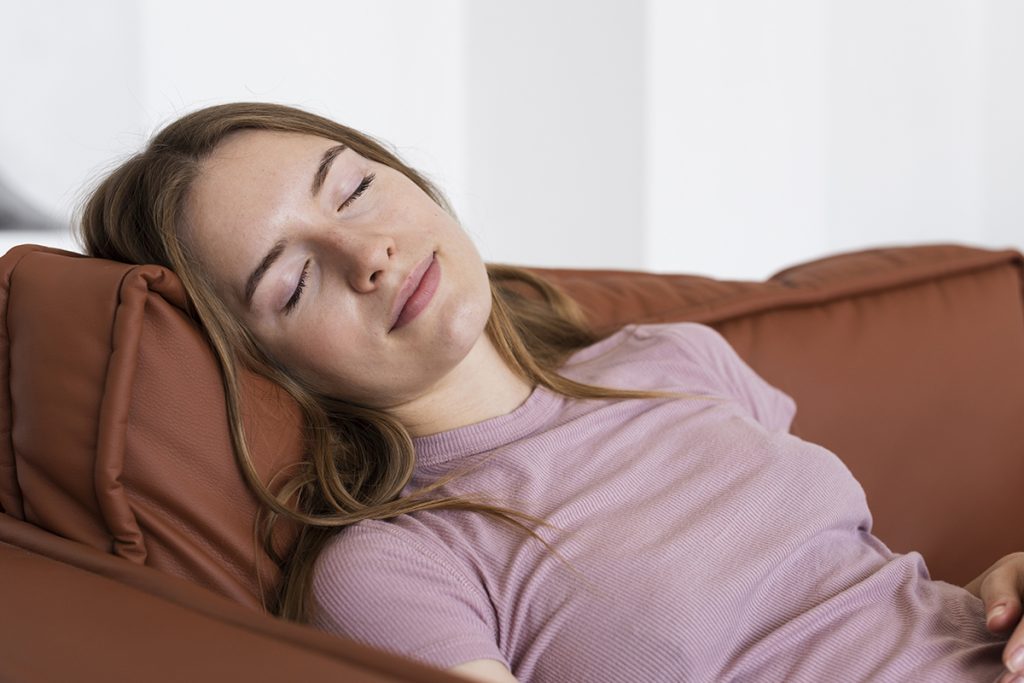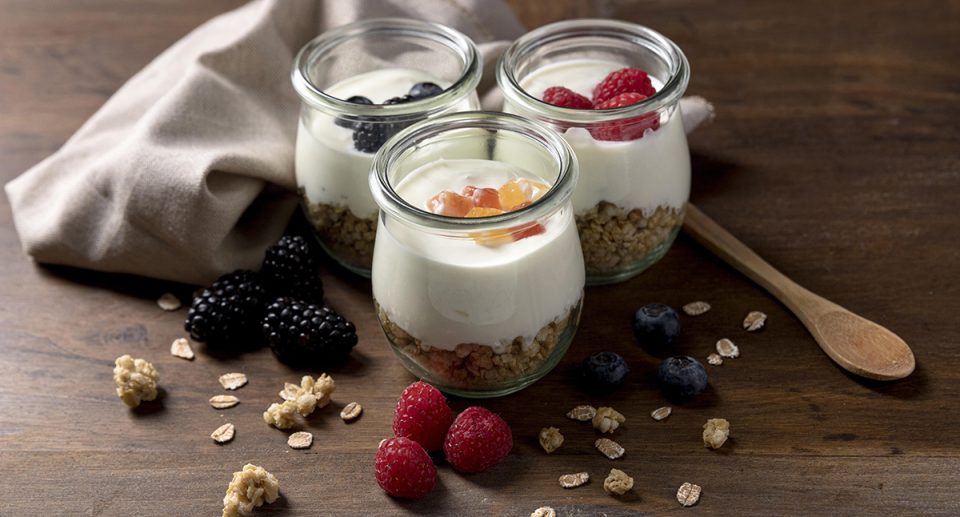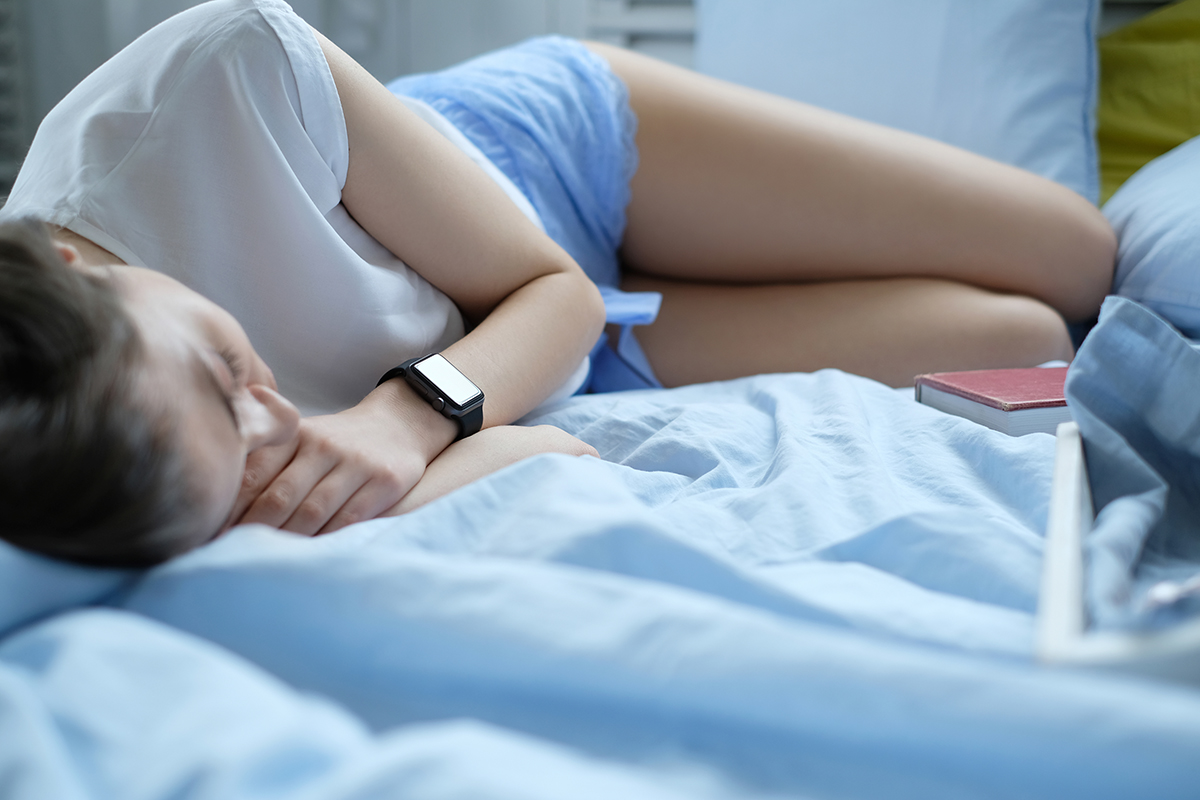10 Benefits of a power nap
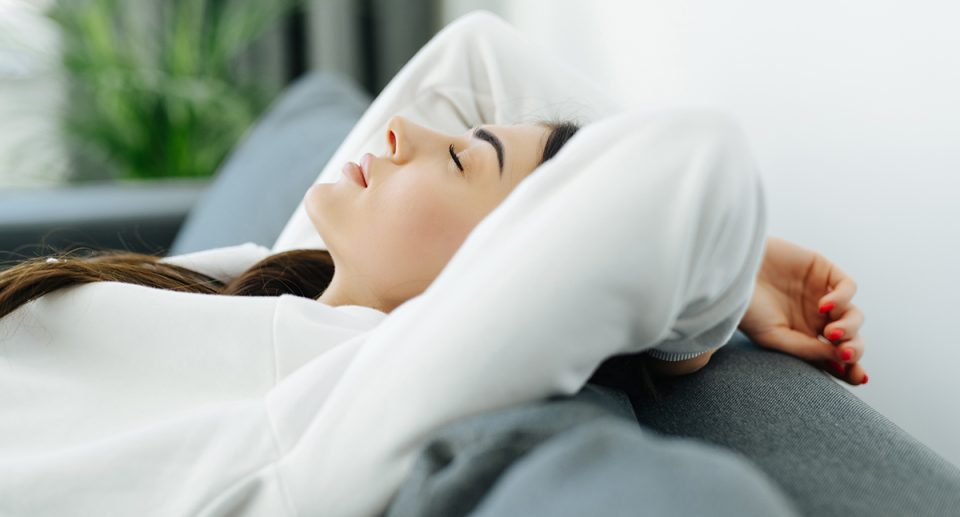
It probably won’t be rewarded at work, but it seems that companies like Google and Apple actually allow employees to take a power nap. Mental efficiency and productivity are improved with the short duration of a power nap.
For those types of companies, this small investment in time is a huge gain in the effectiveness they receive in return. We have also listed advantages of a power nap!
01. Improved mood and emotional well-being
Power naps are correlated with a boost in mood and emotional resilience. Brief periods of rest can assist in regulating emotions, mitigating irritability, and enhancing overall emotional well-being.
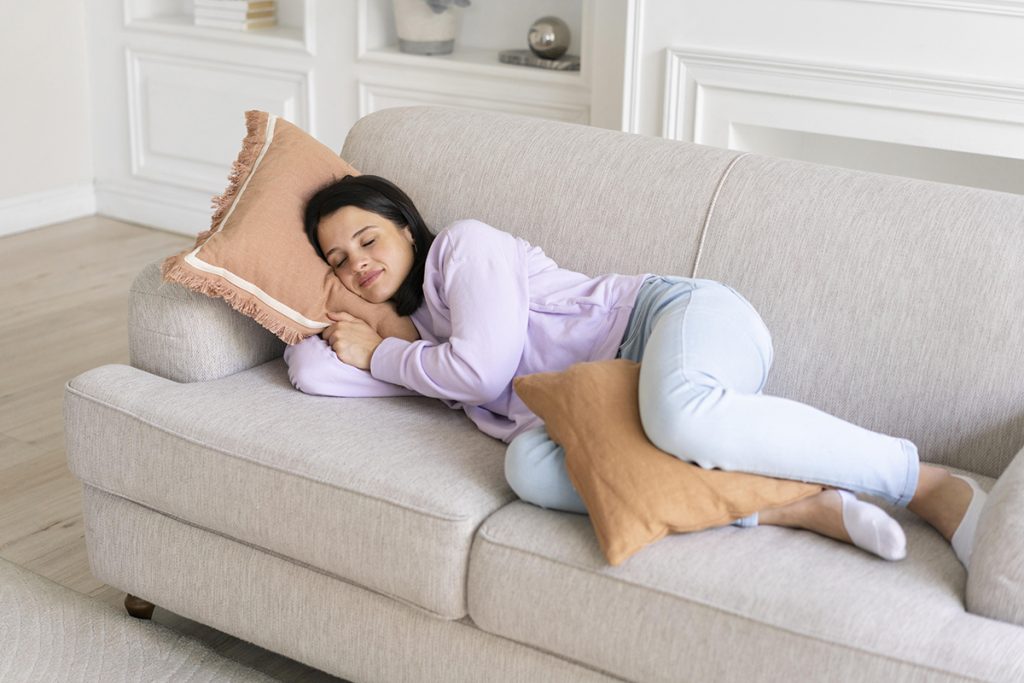
02. Heightened alertness and productivity
Strategically timed power naps can substantially elevate alertness and productivity. They provide a swift recharge to cognitive functions, aiding in sustained focus and efficiency in tasks.
03. More creativity
Neuroscientists have shown that a power nap helps you come up with ideas and be more creative. A 12-minute nap would be enough to create a positive effect on your creative ability!
04. Stress alleviation
Power naps play a role in reducing stress by fostering relaxation and lowering cortisol levels, the stress-associated hormone. This contributes to an overall enhancement in mental well-being and improved coping abilities for daily challenges.

05. Enhanced learning and memory consolidation
Beyond memory stimulation, power naps support the consolidation of information acquired throughout the day. They bolster the brain’s capacity to retain and recall information, potentially enhancing overall learning outcomes.
06. Improved motor skills and performance
Research suggests that brief naps can positively impact motor skills and physical performance. Athletes, in particular, may find value in power naps for optimizing coordination and reaction times.
07. Support for the immune system
Adequate sleep, including the incorporation of power naps, plays a crucial role in bolstering the immune system. Regular short naps may contribute to overall health by fortifying the body’s defenses against illnesses.

08. Alleviation of fatigue and sleepiness
A short nap can counteract feelings of fatigue and sleepiness, particularly during the afternoon lull. This is especially beneficial for individuals with irregular sleep patterns or those contending with sleep deprivation.
09. Enhanced problem-solving abilities
Taking a power nap has been linked to improved problem-solving skills and cognitive flexibility. It allows the brain to reset, approaching challenges with renewed clarity and efficiency.
10. Effect on health
Taking a short power nap has an effect on your health, various studies have shown. A British study shows that a short nap lowers blood pressure. You would also have a lower risk of heart attack, stroke, diabetes and excessive weight gain.
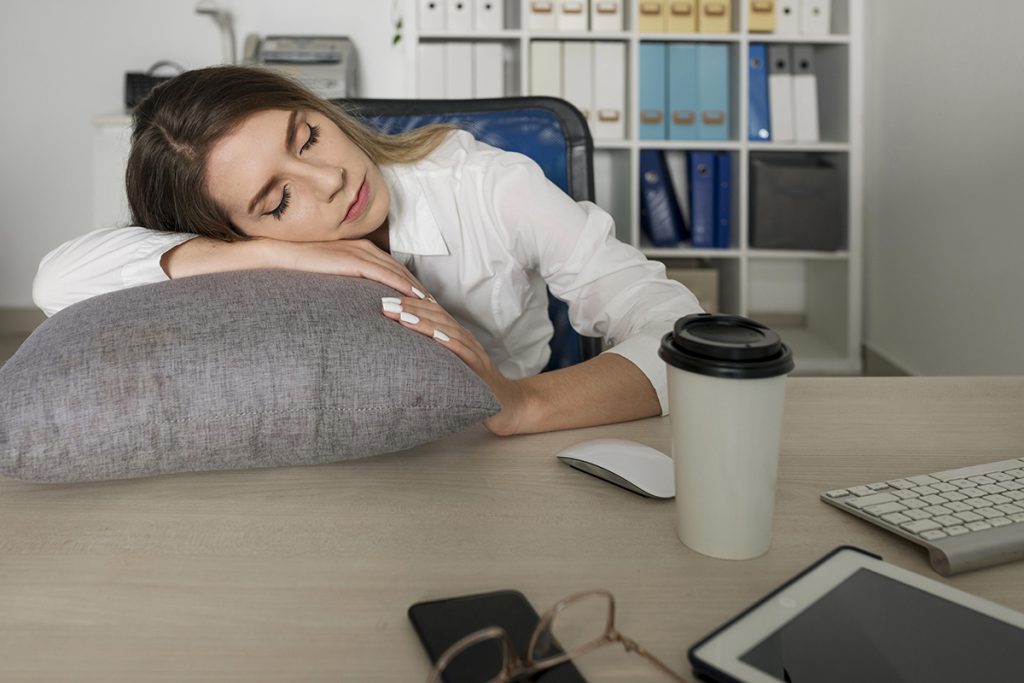
How do I prevent feeling sleepy during the day?
While indulging in a daytime siesta can be a pleasant escape, prioritizing prevention is always preferable to seeking a cure. This approach ensures sustained vitality throughout the day and guards against feeling low on energy. The predominant causes of daytime drowsiness can be attributed to two factors:
- Not enough sleep. The most common reason for the sleepy feeling is not getting enough sleep at night. The National Sleep Foundation has drawn up a schedule with the right amount of hours of sleep based on various age categories. Are you not getting the recommended number of hours of sleep? Then your body will look for a moment of rest during the day to compensate for the sleep deprivation in the evening. That is the moment you take a power nap. Preventing frequent power napping therefore starts with getting enough sleep at night.
- Poor nutrition. An after-dinner dip is a well-known phenomenon after eating food. You have enjoyed a wonderful lunch or dinner, and then fatigue sets in. Many people feel tired in the afternoon because blood sugar levels drop after lunch. You can prevent this sleepy feeling by eating enough at lunch to have the right amount of energy until dinner.
In addition, choosing food with sufficient protein and fiber is a good solution. Make sure you avoid foods with way too much sugar. By being more conscious about your eating behavior, you get energy instead of a sleepy feeling.
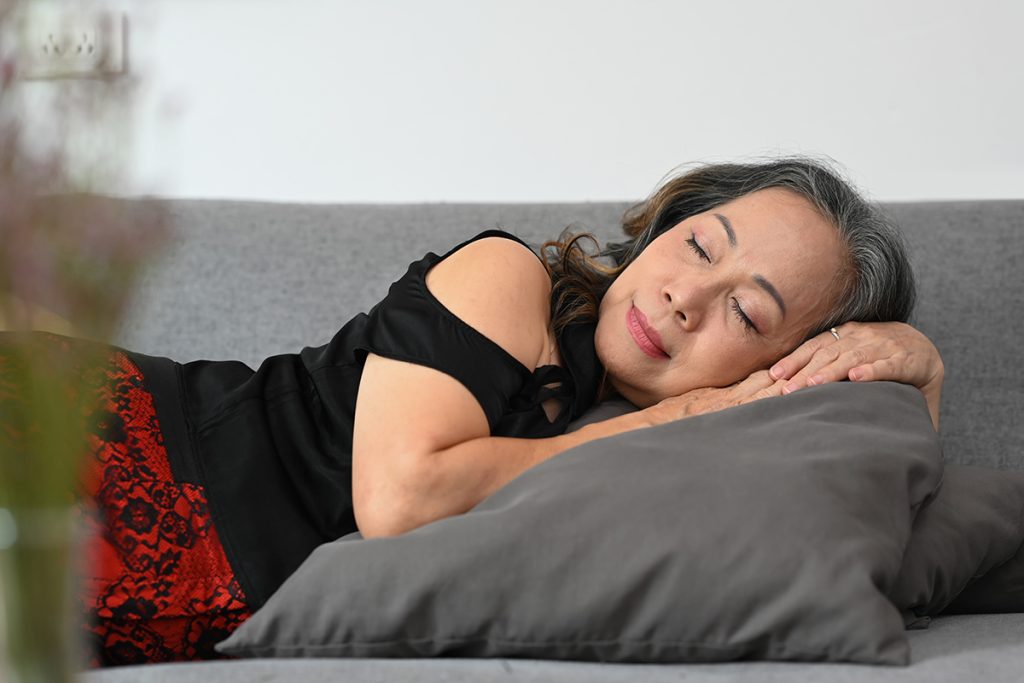
Power nap and chronic sleep deprivation
Are you someone grappling with chronic sleep deprivation and seeking insight into whether a power nap could be beneficial? The answer is likely no.
The general guideline is to consider a power nap only when you experience daytime fatigue. If you are consistently sleep-deprived, the likelihood of falling asleep for a brief 15 to 20-minute nap during the day is minimal. Engaging in a prolonged power nap may exacerbate difficulties in falling asleep at night, failing to alleviate your overall sleep deprivation.
In cases of chronic sleep deprivation, it is advisable to consult with a healthcare professional who can identify a suitable solution for your specific situation. Continual lack of sleep is not conducive to well-being, making professional guidance essential. Since not sleeping for days doesn’t make anyone happy!
